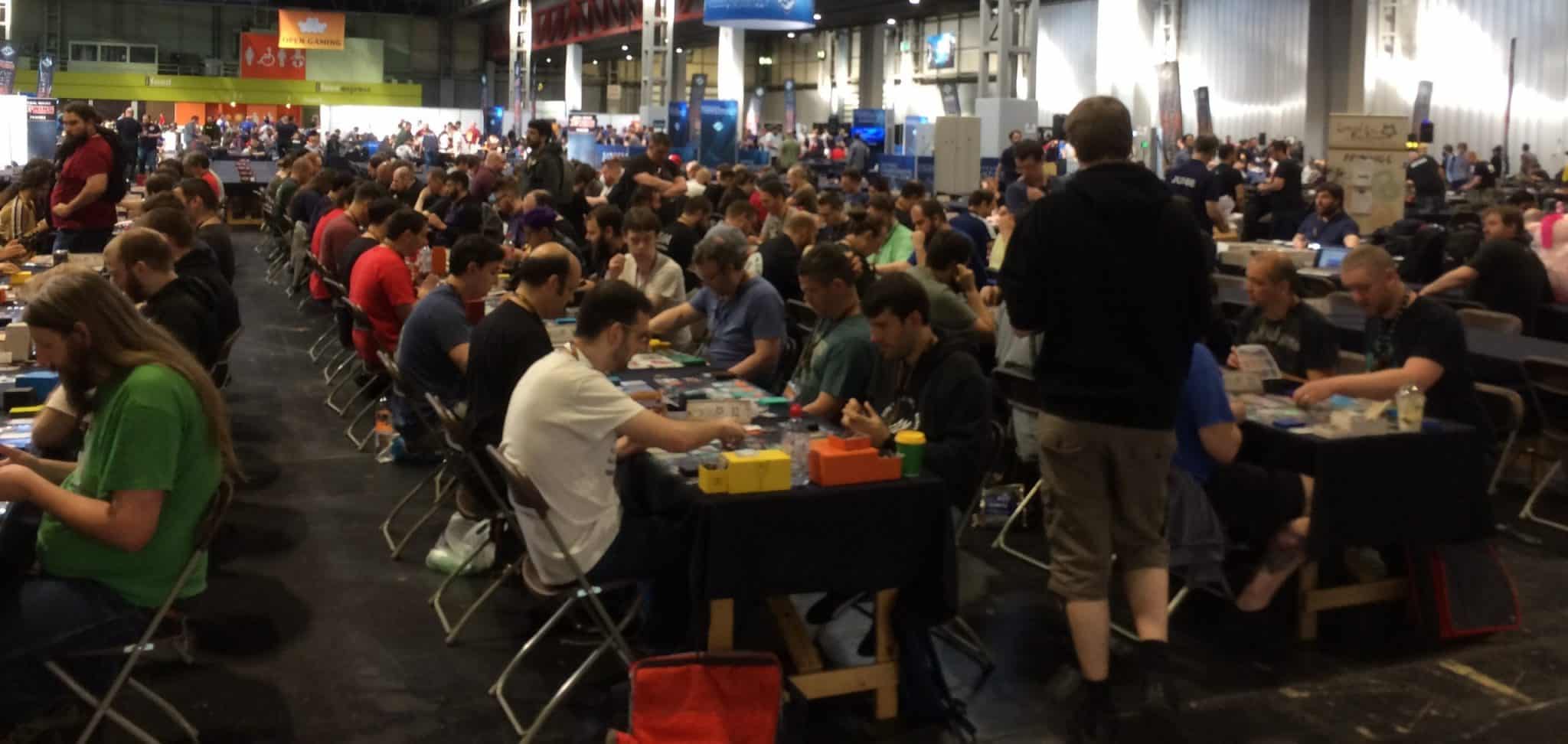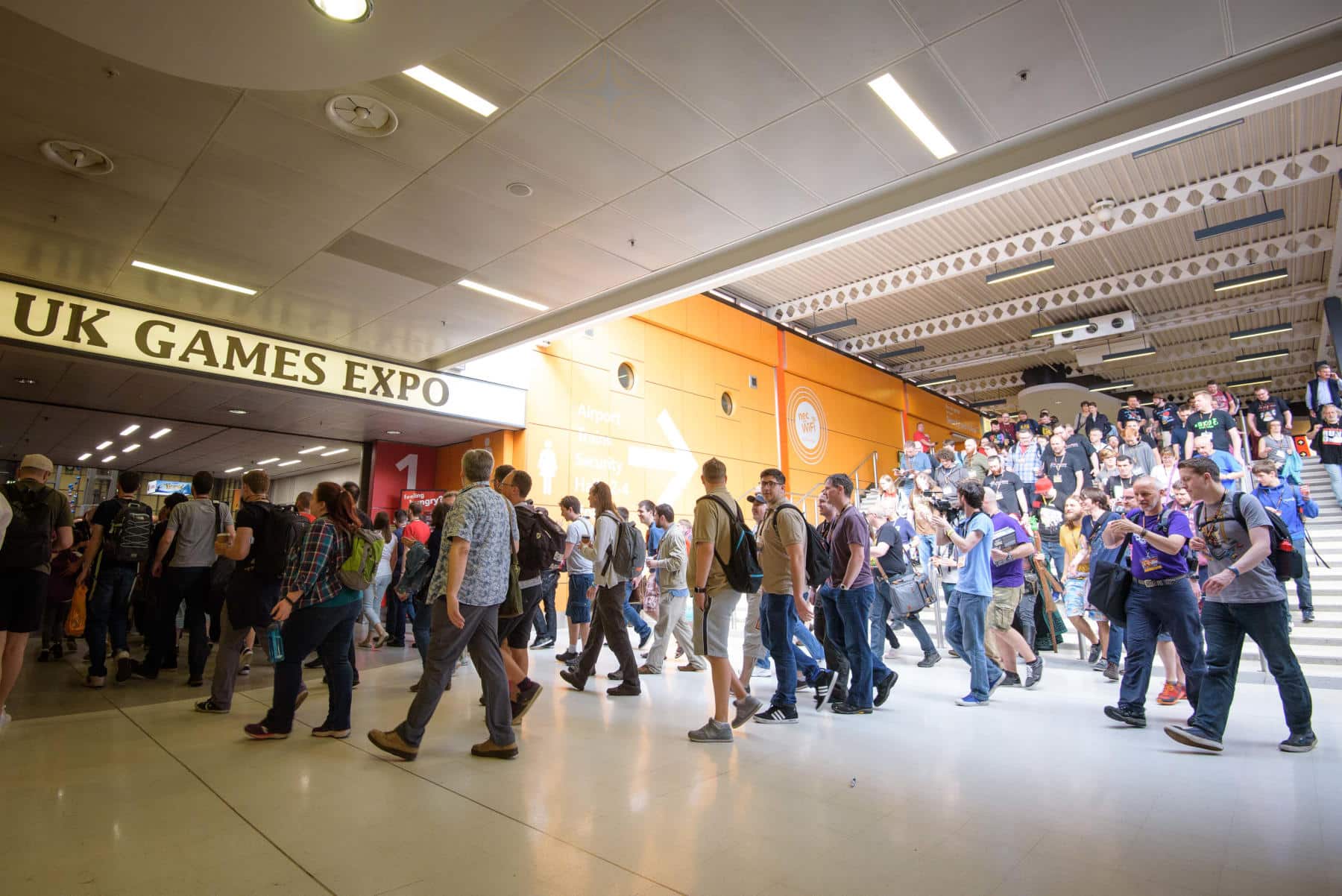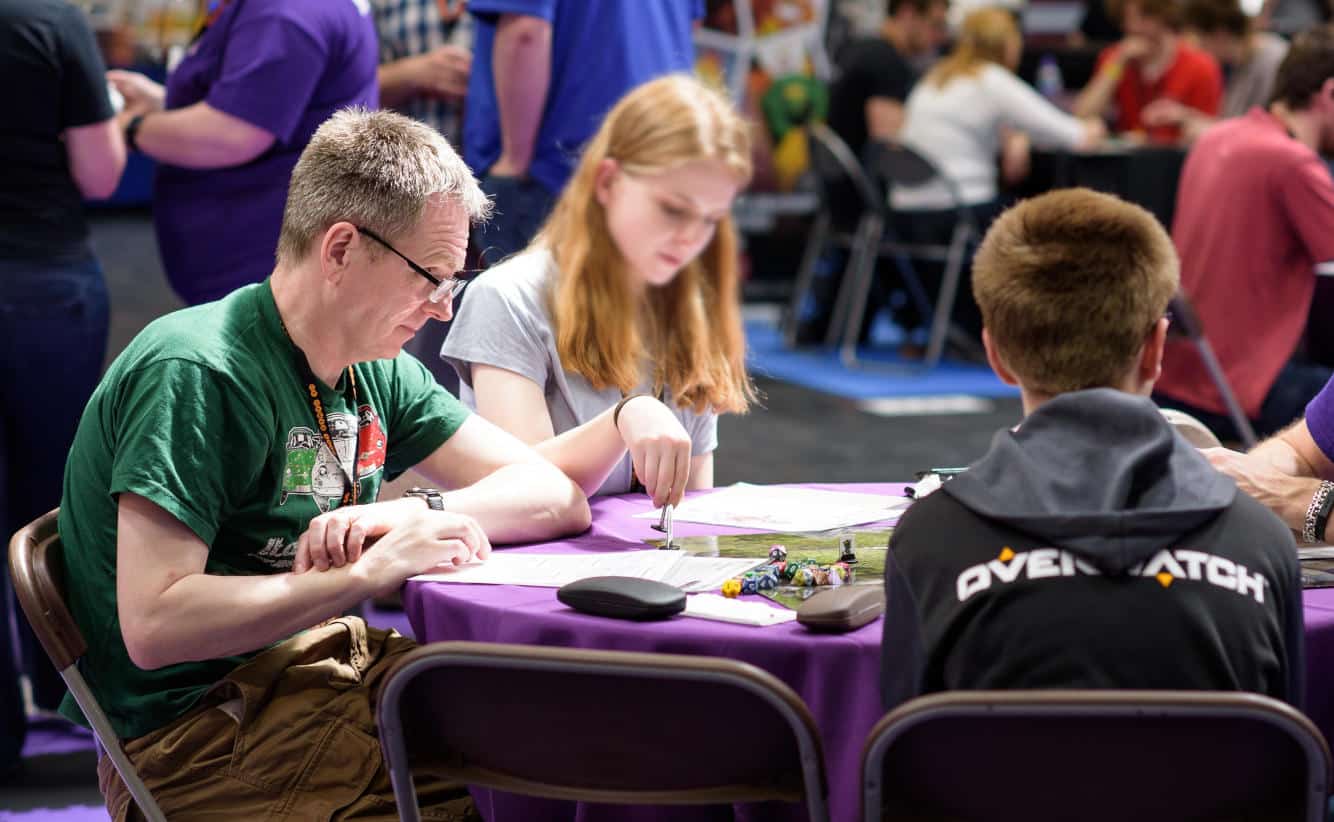Limitations
I was inspired by a comment on a recent Kickstarter campaign to investigate how a publisher's decisions about how a game is released can give customers the feeling of exclusivity in a negative sense, the fear of missing out, an opportunity for profit, and many more things that can negatively affect the opinion people have towards the company or individuals releasing the game.











